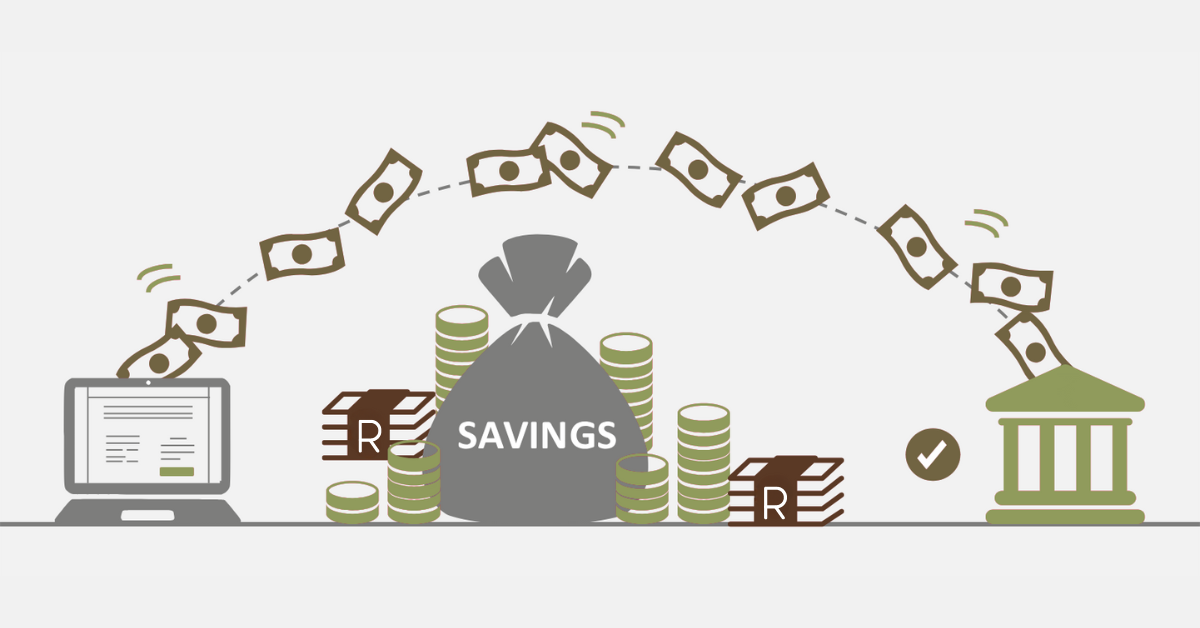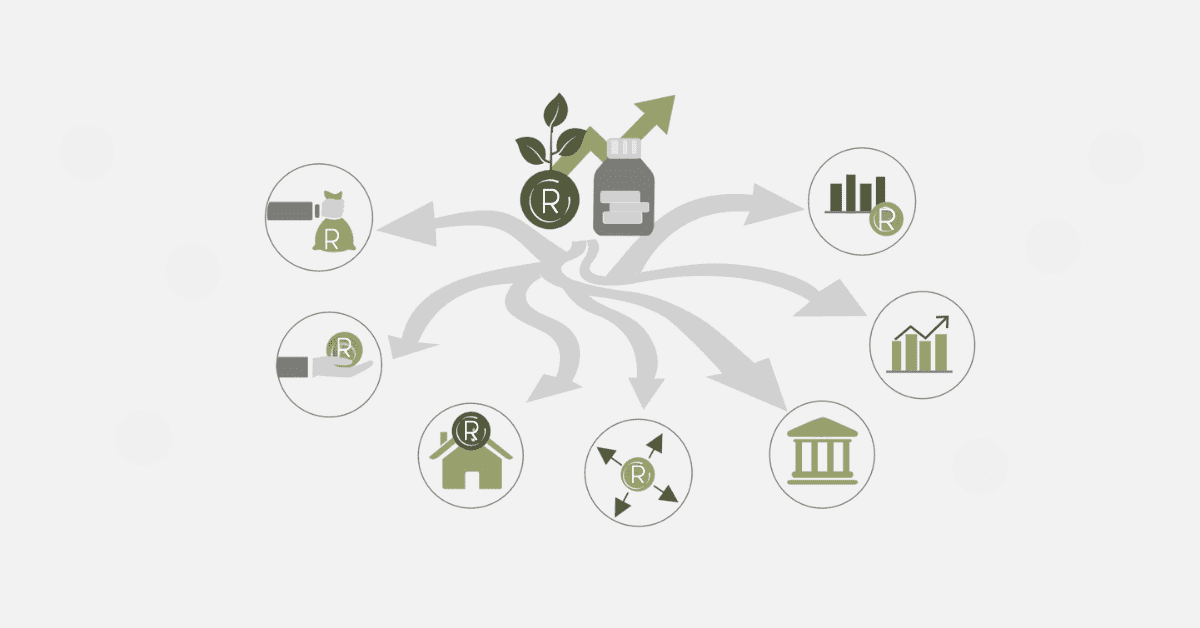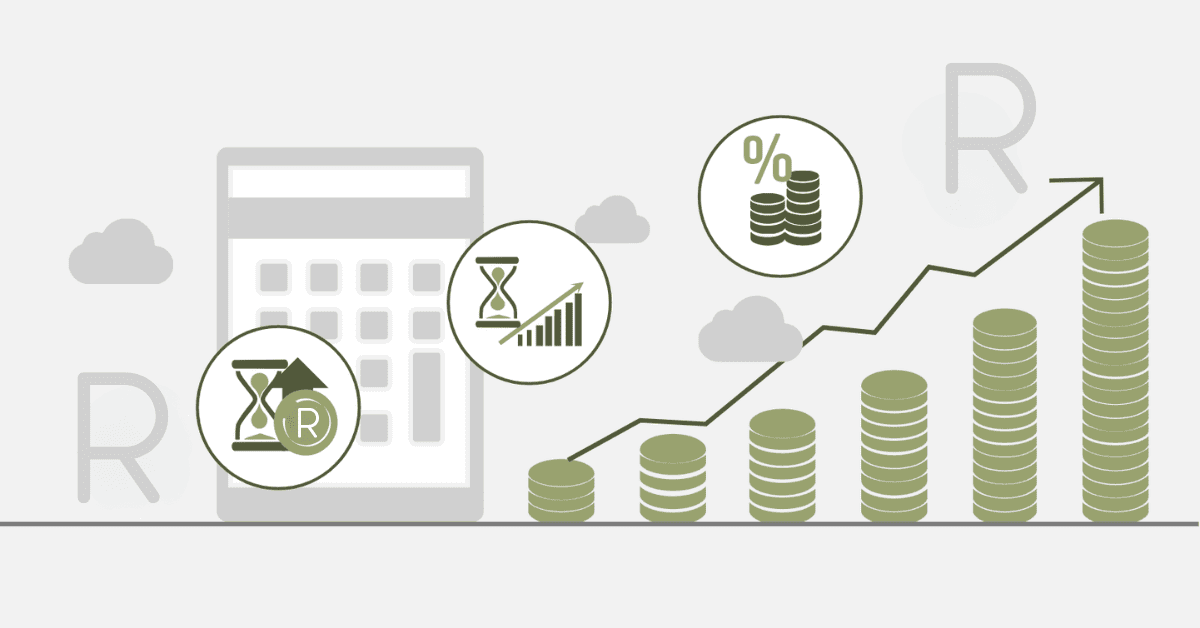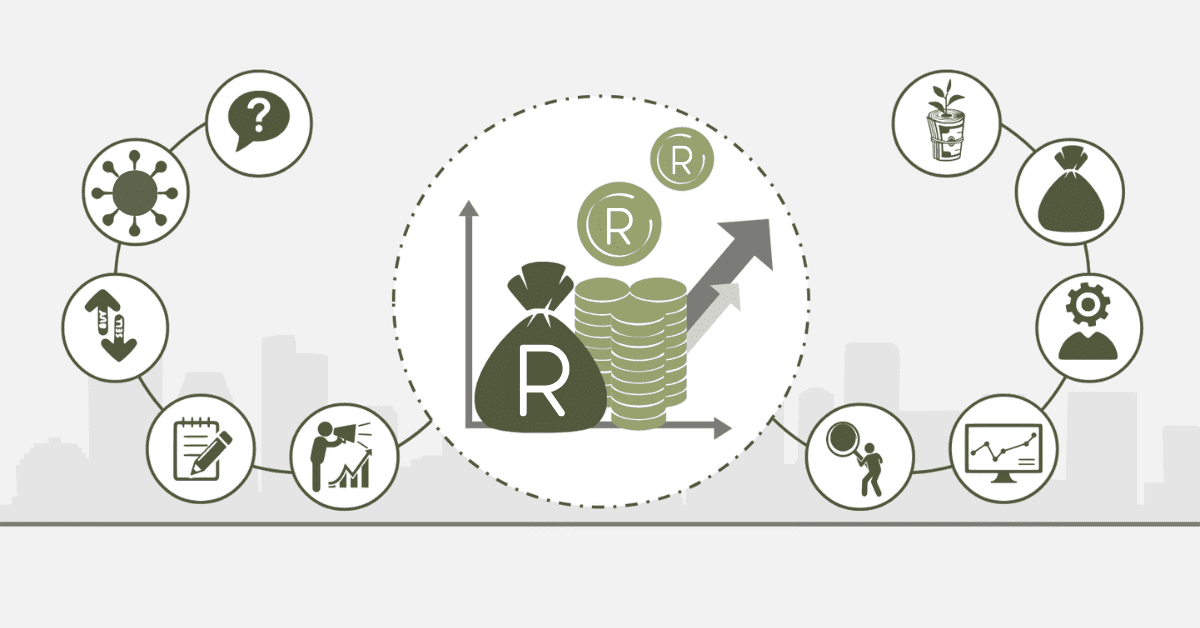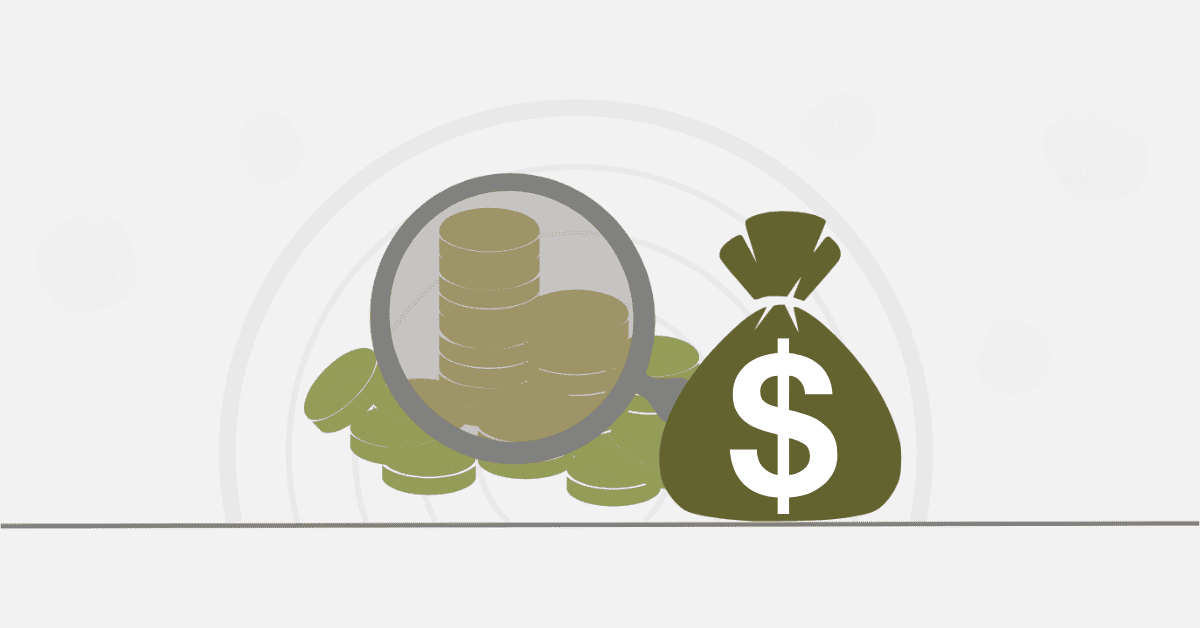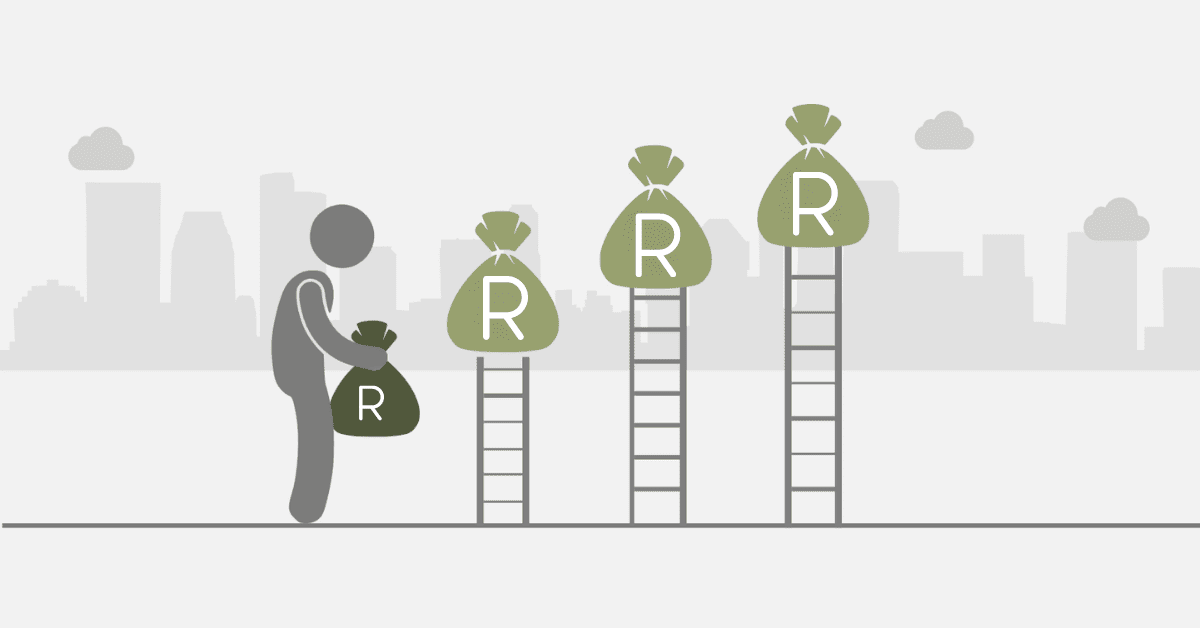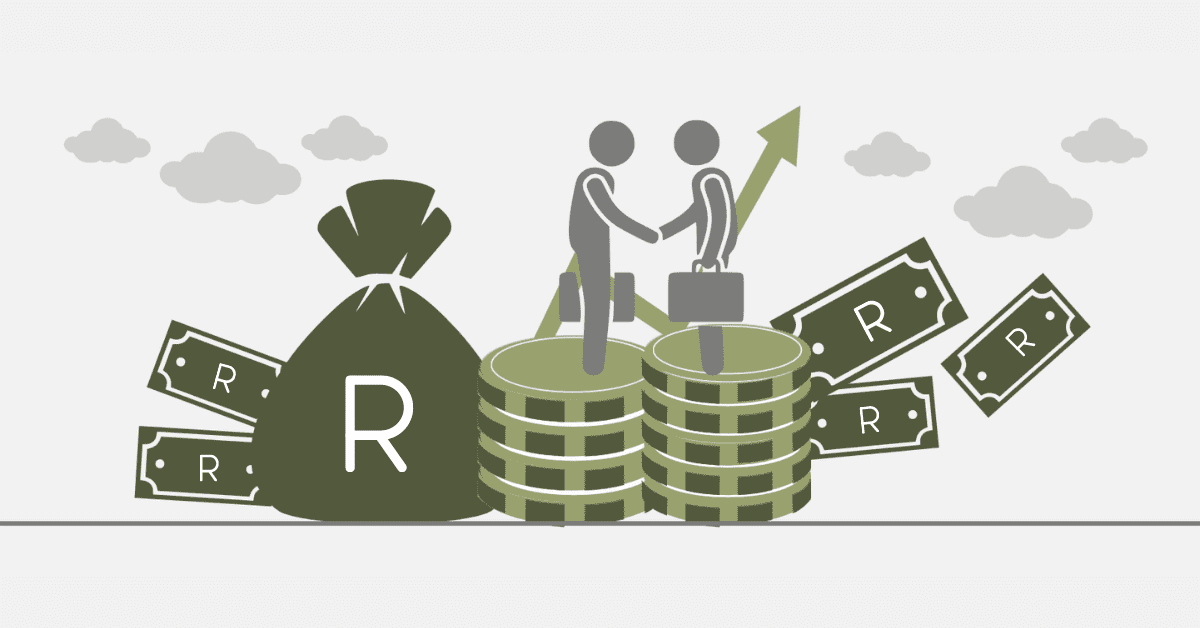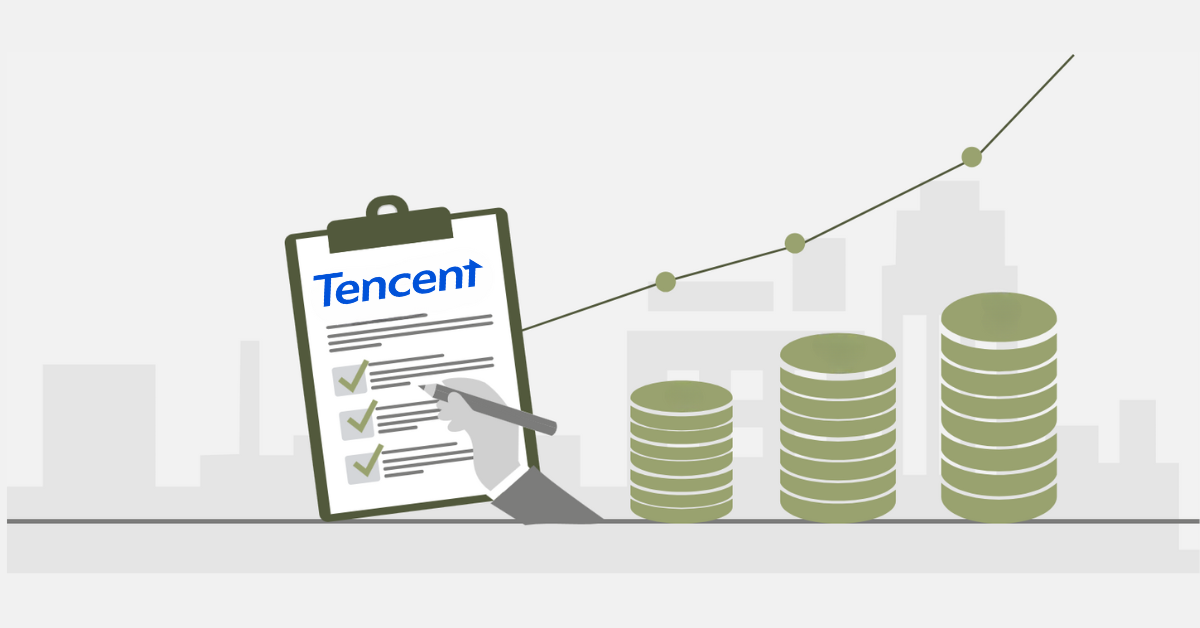Venturing is one of the strategic ways to multiply your wealth over time. However, sometimes investments have enormous tax implications that chew away a significant chunk of your returns. This is because, often, income generated from investments is subject to some form of taxes like income tax, capital gains tax, and dividends tax.
However, some investments are free from tax in South Africa. You stand to benefit the most since these are investments with no taxes on them at all. You stand to gain the most out of all your returns. This article will guide you on how to make tax-free investments. We’ll cover what a tax-free venture is, how it works, and possibly the best option to go with.
How South Africans Can Make Tax-Free Investments?
Not all financial institutions within South Africa have these tax-free investments. Only approved banks, authorized insurers, managers of registered collective schemes, the national government, a mutual bank, a cooperative bank, and the Postbank are allowed to offer these tax-free investments. You should visit your preferred bank or financial institution to open your tax-free investment account. Request from them the details of available tax-free investment schemes, terms and conditions, expected returns, and last but not least, the risk involved with such schemes.
What is Tax-Free Investment?
These were introduced in South Africa as a policy measure to boost savings by households. Behind these investments, the most critical advantage is that they do not attract local income tax, dividends tax, and capital gains tax. This means that all the income generated from these investments would be yours.
There are many investment options, which include a variety of different investments. There are fixed deposits, unit trusts, and specific endowment policies from long-term insurers. Each of these investment products has its features and benefits, which you should select against the other depending on your financial goal and level of risk appetite.
How Will It Work?
Tax-free investments in South Africa are regulated by the government. These are invested through an instituti on that has a license to serve as a bank, long-term insurer, manager of registered collective schemes (with some exceptions), the National Government, mutual banks, cooperative banks, the South African Postbank, an administrator of financial services, or a person who is authorized by a licensed exchange to perform one or more securities services in terms of the exchange rules.
The significant advantage of such investments is that the returns can be made without any income tax, dividends tax, or capital gains tax applied to them. However, the maximum you can invest in these schemes has its limits. There is an annual limit to it as well as a lifetime curb on the amount you can put into your ventures.
What Is The Best South African Tax-Free Investment?
This mostly depends on the type of goals you would like to achieve and the nature of your risk profile. For some, it would be taking either low-risk ventures with assured returns or taking a risk that will enable them to get higher returns. Retail Savings Bonds and RSA T-Bills, as well as RSA Retail Savings Bonds and money market funds, are probably the most tax-friendly saving options in the Republic of South Africa. The rest of the choices carry their advantages and disadvantages. Therefore, you will need to go with an approach that fits your objectives and risk tolerance.
What Are The Tax-Free Investment Account Limits?
In SA, maximum contributions for these ventures are set. The maximum you can be allowed to contribute in any one tax year is R36,000, and the maximum ever allowed is R500,000. That means you cannot invest more than R500,000 in tax-free investments in a lifetime. Any portion of the annual limit not used lapses. This is not being carried forward to the following year of assessment. It provides an incentive to all individuals to use up the whole of their annual allowance limit every single year.
What South African Investments Are Tax Deductible?
Investment income tax is an investor’s earning tariff liability. This is income earned from investments such as in shares or unit trusts. The most common types of investment income that have income tax implications are local and foreign interest, foreign dividends, interest from Real Estate Investment Trusts (REITs), and capital gains.
But, there are certain kinds of expenses in connection to the investment on which the investor can claim the deduction. These are termed interest on money that you have borrowed in order to buy assets that generate cash. Others include monies paid to financial advisors and costs involved in administering your investments.
What Is The Safest Investment in South Africa With The Highest Return?
This can be relative to the venturing climate and the specific financial objectives of an individual. Some of the examples that command high returns include Treasury Bills, Money Market Funds, and more.
These are the right kinds of investments for conservative investors because they have a balance of safety and return, hence growth in wealth with minimal risks. Yet, it must always be considered that investments do present risks and that past performance does not indicate future performance. Hence, you must study and consult with a financial advisor before making your investment decisions.


